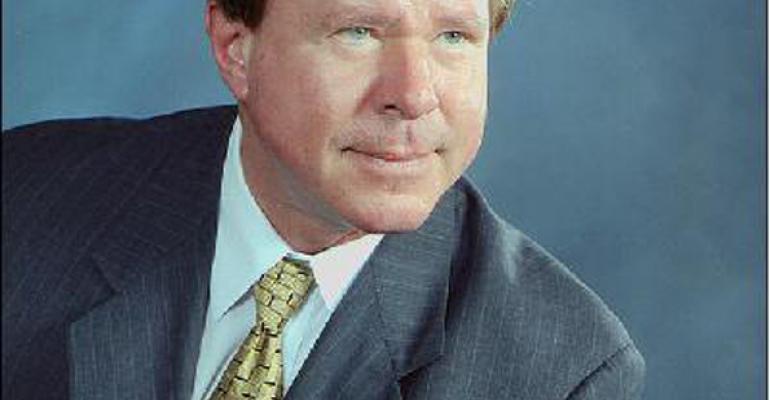Despite the evidence that active managers fail to beat their passive index alternatives, investors have not given up on alpha – they still want to beat the market. Ironically, they have decided to simplify their search, rather than intensify it, by embracing the “Streetlight Approach.” A drunk is in the gutter at night on his hands and knees under a streetlight looking for his lost keys. When asked where the keys were lost he gestures toward a park across the street and explains that the light is much better under the streetlight.
So it is with “Brainless Alphas”, mechanical approaches that are purported to outperform their passive index alternatives. The appeal of Brainless Alpha is obvious – someone has already done all the thinking so finding it is easy; it’s under the streetlight. Brainless Alphas come in two flavors: passive and active. The passive flavor has several names, including smart beta, fundamental indexing, and small-value factor investing. The active flavor is best known as “Active Share.”
Smart Beta
A recent Investment News article reports that Dimensional Fund Advisors (DFA) has attracted $16.7 Billion, a record year, into its factor investing approach. Similarly, MondoVisione reports that Research Affiliates Inc (RAFI) has attracted more than $100 Billion globally into its fundamental indexes.
Smart beta investing is a tilt toward smaller companies and toward value, primarily because history shows that this tilt would have beaten the market. But Dr. Michael Edesess explains that history doesn’t necessarily have to repeat itself and that the RAFI promoters of smart beta “fail to mathematically prove that a fundamentally weighted index must outperform a capitalization-weighted index.” He further criticizes DFA for its Scientism Hype. In other words, smart beta will work until it doesn’t. One thing is for sure: smart beta is smart for its promoters.
Active Share
The active flavor of Brainless Alpha is also attracting assets, and a following among financial consultants. It all started in 2006 when Professors Martijn Cremers (Yale) and Antii Petajisto (New York University) published a study entitled “ How Active is Your Fund Manager? A New Measure That Predicts Performance” in which they conclude: “Active Share predicts fund performance: funds with the highest Active Share significantly outperform their benchmarks, both before and after expenses, and they exhibit strong performance persistence. Non-index funds with the lowest Active Share underperform their benchmarks.“ Active Share is the percent of a portfolio’s holdings that do not match the benchmark’s allocations.
Most readers understand that a condition for success must be both necessary and sufficient. Big bets are a necessary condition for alpha. It is mathematically necessary to deviate from the benchmark in order to produce an alpha. This deviation can be measured in a number of ways including active share, tracking error and low correlation to the benchmark. Note also that a big bet can be misidentified if the benchmark is wrong.
But big bets are not a sufficient condition for success because the bets can be wrong. Therein lies the flaw in reliance on the Brainless Alpha called “Active Share.” Conviction alone is an insufficient condition for success.
Conclusion
Simple solutions are often the best. Einstein said “Everything should be as simple as possible, but no simpler.” The problem is that Brainless Alphas go too far in their simplicity. Beating the market is much more complicated than tilts or big bets. If we really want alpha someone will have to think harder.





